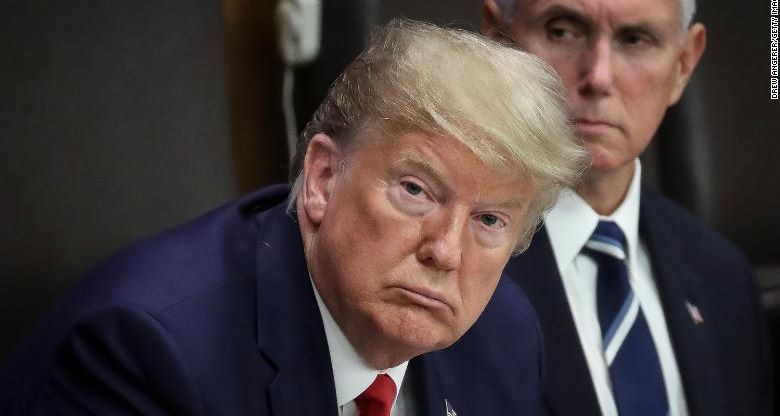
The talk of impeachment is flooding the headlines, so we’re going to explore it, how impeachment proceedings took place in the past, what happened to the market with each instance, and what you should do with your money/investments while these events transpire.
What’s the process?
The first step in any impeachment proceeding begins with a formal inquiry. This is done by the House of Representatives, and that’s where we are at this point in time.
During the inquiry, the evidence is gathered by the house to help make their case. Once they’ve gathered everything they needed, they take a vote.
If that vote passes, it goes to the Senate. They, like the House, review the evidence and take a vote. If the Senate’s vote doesn’t pass, then the President may be acquitted, and things end there.
What history tells us
There have been three impeachment inquiries, with only one actual impeachment.
The first was Andrew Johnson in 1868. The second was Richard Nixon in 1973. The third was Bill Clinton in 1998.
Which one was impeached? Bill Clinton. However, the Senate acquitted him and he was not removed from office.
When Andrew Johnson went through the impeachment process, the stock market (yes there was a stock market back then) really didn’t do anything, finishing that year up 1.5%.
During the impeachment proceedings with Nixon, the United States was in the middle of a recession. From the initial inquiry to the day he resigned from office, the S&P 500 fell about 30%.
With Clinton, however, the economy and the stock market were in the middle of an expansion. From beginning to end, the S&P 500 gained about 28% during his impeachment process.
What history tells us is that the period surrounding the impeachment will lead to greater volatility, but the long-term direction of the market is determined by fundamentals.
Be mindful of the headlines
The current impeachment inquiry with President Trump is dramatically different from the other three.
- The internet makes updating the public instantaneous
- Algorithmic trading can be programmed to execute orders when publications mention Trump, impeachment, etc.
- We’re in the middle of a trade war with China, so uncertainty at home (U.S.) puts Trump in a weaker position to negotiate. What’s more, if impeachment looks more and more likely, Trump may be inclined to make a deal to help his case…even if it’s a bad one.
What should you do?
That depends. If you have 15+ years until you need to access your investments, I would tell you to do nothing. If you’re in retirement or it’s right around the corner, however, I would think about being a little more conservative.
When you grow more reliant on your retirement savings, your primary objective must move from capital appreciation to capital preservation.
I’ll link to several resources that should give you more guidance about retirement planning by age, investing in volatility, and more information about what’s been discussed here.
Related Reading:
How To Invest In A Volatile Market
How Does Trade Policy Affect Me?
The Questions You Need To Ask Yourself
My name is Jacob Sensiba and I am a Financial Advisor. My areas of expertise include, but are not limited to, retirement planning, budgets, and wealth management. Please feel free to contact me at: jacob@crgfinancialservices.com
Leave a Reply